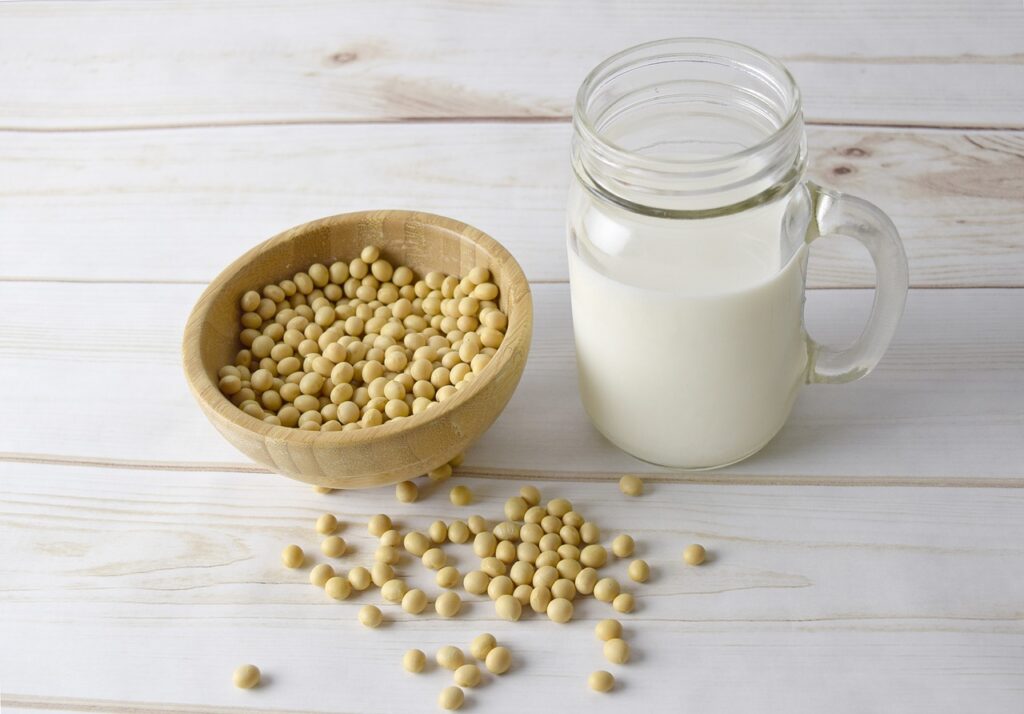A controversial topic for some time now is the consumption of soy foods during and after breast cancer treatment. But why?
Soy contains a compound called isoflavones. Isoflavones have a chemical structure similar to the hormone estrogen (aka a phytoestrogen). Excess estrogen has been linked to increased breast cancer risk and the worsening of estrogen receptor positive breast cancer(ER). So a logic conclusion would be that isoflavones within soy would worsen ER breast cancer right? Well… this statement does not paint a complete picture because a phytoestrogen is not the same thing as estrogen.
A study looking at 3,088 women assessing isoflavone intake post-diagnosis reported a 54% decreased risk of death in the women that consumed higher amounts of isoflavones, thus concluding no adverse effect found from soy consumption within the study.
It is important to note also that not all soy is created equal.
The population with the lowest incidence of breast cancer including ER breast cancer are asian women. The asian diet, however, includes a significant amount of soy foods. What is interesting to note is the drastic difference in the TYPE of soy foods consumed primarily in asian cultures vs in the Western world.
Often consumed in the asian diet:
tofu, edamame, miso, tempeh, natto and minimally processed soy milk.
Often consumed in the western diet:
soybean oil, protein powders, meat and dairy alternatives.
What is the difference in these products? In the western diet, the soy foods consumed are usually heavily processed, stripped of nutrients and containing additives, chemicals and pesticides. In the asian culture we find soy foods consumed in its natural forms without heavy processing and with the nutrients preserved.
Soybeans do not ONLY contain isoflavones but are also a great source of protein, vitamin C, iron, magnesium, folate and potassium and thus there is immense value in preserving the nutrients within. The non-hormonal components of soybeans are actually protective against cancer.
Heavily processed food, soy or otherwise, is associated with worsened cancer outcomes. Remove the soy foods that are heavily processed and instead choose whole soy foods, organic and still in their natural form.
Overall, more research is needed in the area of soy and breast cancer but what we can do is remove the stress and fear around soy foods and, instead, focus on the TYPES of soy that remain in it’s natural and nutrient-dense form.
Resources:
https://www.sciencedirect.com/science/article/pii/S2213453013000438
https://cebp.aacrjournals.org/content/20/5/854.short%5C

